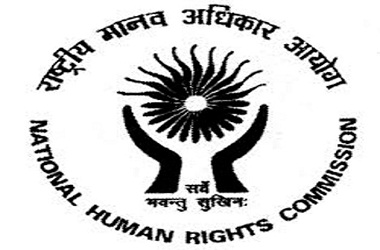




Figure 1: No Copyright Infringement Intended
Composition of the Commission
|
Provisions |
Act of 1993 (Original) |
Act of 2019 (Amended) |
|
Composition of NHRC: |
· Under the Act, the chairperson of the NHRC is a person who erstwhile a Chief Justice of the Supreme Court. · The Act provides for 2 persons having knowledge of human rights to be appointed as members of the NHRC. · Under this Act, chairpersons of various commissions such as the National Commission for Scheduled Castes (NCSC), National Commission for Scheduled Tribes (NCST) and National Commission for Women (NCW) are members of the NHRC. |
· The Bill changes this to allow the chairperson of the NHRC to be a former Chief Justice of the Supreme Court (CJI) or a Supreme Court Judge. · The Bill amends this to authorize three members to be appointed, of which at least one will be a woman. · Chairmen of the National Commission for Backward Classes, the National Commission for the Protection of Child Rights and the Chief Commissioner for Persons with Disabilities will all be members of the NHRC, according to the bill |
|
Chairperson of SHRC: |
· The Act mandates that the chairperson of a SHRC be a former Chief Justice of a High Court. |
· A person who has served as Chief Justice or Judge of a High Court would be the chairperson of a SHRC, according to the Amendment of the Bill |
|
Terms of office: |
· The Act provides that the chairperson and members of the NHRC and SHRC will hold office for 5 years or till the age of 70 years, whichever is earlier. · Members of the NHRC and SHRCs can also be reappointed for a five-year period under the Act. |
· The Bill diminishes the term of office to three years or till the age of seventy years, whichever is earlier. The Bill eliminates the five-year limit for reappointment |





© 2025 iasgyan. All right reserved